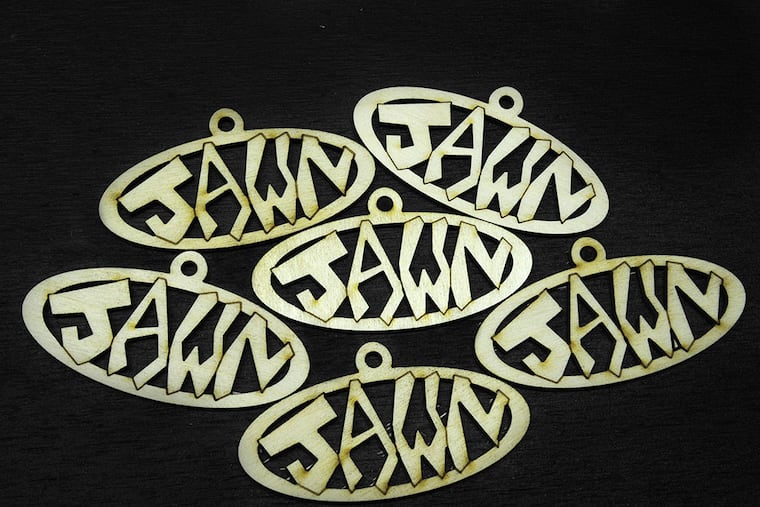Jawn is dead: The Philly word’s journey from quirky regionalism to overused cliche | The Angry Grammarian
According to The Angry Grammarian, Philly slang term "jawn" has officially jumped the shark.

Welcome to your hotel! We have several lovely units available for you. Would you like the Front Jawn or the Garden Jawn? Or perhaps — since you look like a significant individual — you’d be more comfortable in our deluxe Baller Jawn?
This is the miserable state of jawn as the 2010s come to a close: It’s been co-opted to brand a hipster Fishtown hotel. Jawful.
It wasn’t always this way. For years jawn was a curious Philadelphia-ism, an all-purpose noun whose usage signified both local cred and linguistic dexterity. When I explained it to a relative from the South, he correctly and adorably identified it as a synonym for thingamajig.
But now? Jawn is dead; long live jawn.
So when did jawn jump the shark? Is there a tipping point beyond which slang that was once embraced as authentically local becomes the hallmark of inauthenticity and poseurism?
Is it when a word becomes commercialized? (This holiday season, get your Jawnaments — which, to be honest, are kind of great.) When it appears as a discussion point in a blockbuster movie, as jawn did in Creed? When it gets a linguistic dissection in the city’s newspaper of record?
The history of jawn is fascinating and surprisingly well-documented. It evolved from joint, whose usage broadened from the specific spot where two bones meet, in the 13th century; to any kind of place; to — in New York in the late 20th century — many kinds of people, places, or things. As the word moved south, its pronunciation adapted regionally, with the oi sound becoming more of an aw. (In D.C., they say jaunt.) Philadelphians also tend to drop hard consonants like t and g off the ends of their words, and so jawn was born. Philly’s usage of jawn has become even broader and more all-encompassing than New York’s joint, which has established connotations referring to either a place (like a club) or marijuana. Jawn is more original and Philly-specific, allowing it greater customization.
But at a certain point, its usage becomes cultural appropriation. Yes, even if you live within a culture, you can still misappropriate it.
Ask yourself: Is each word I choose the most precise word possible? Not: Will this word make me sound more authentic?
It’s a varied journey from quirky regionalism to overused cliché. Even writing a word down indicates that it has a significant toehold in the vernacular. “It’s more often than not the case that new usages have a lengthy currency in the spoken language before they start to appear regularly in print,” writes John Ayto in The Oxford Dictionary of Slang. Jawn doesn’t yet appear in any printed dictionary — yet.
All words should be used consciously, but if you’re employing a word self-consciously, then perhaps you should choose a different word. It’s the same as employing big, fancy SAT words to try to sound smart: Unless those words come naturally to you in everyday conversation, you probably don’t sound as smart as you think you do.
So if jawn truly comes naturally to you, work that jawn. Otherwise, thingamajig is perfectly lovely, sitting there for you, just waiting for a friend.
The Angry Grammarian, otherwise known as Jeffrey Barg, looks at how language, grammar, and punctuation shape our world, and appears biweekly. That’s every other week, not twice a week, friends. Send comments, questions and semantic bleachings to jeff@theangrygrammarian.com.